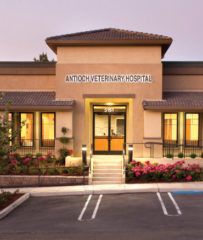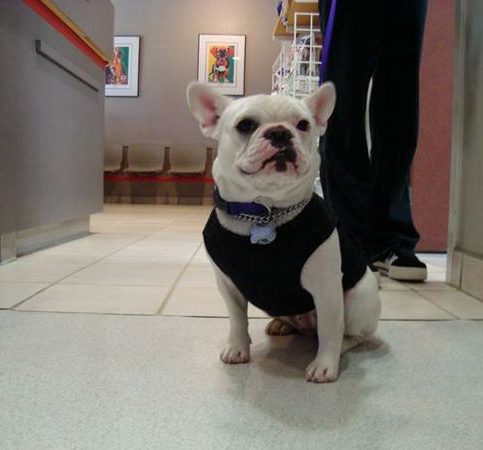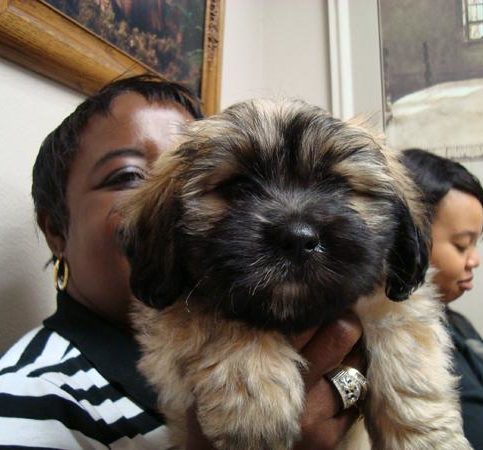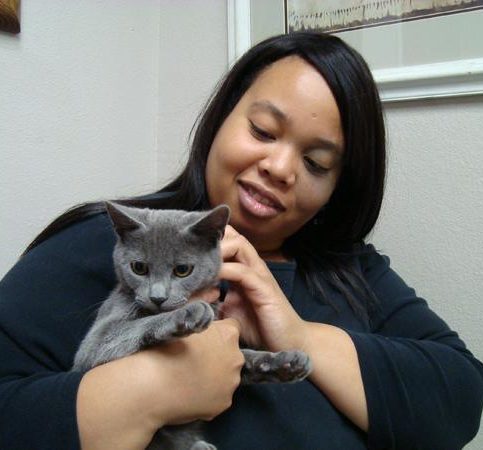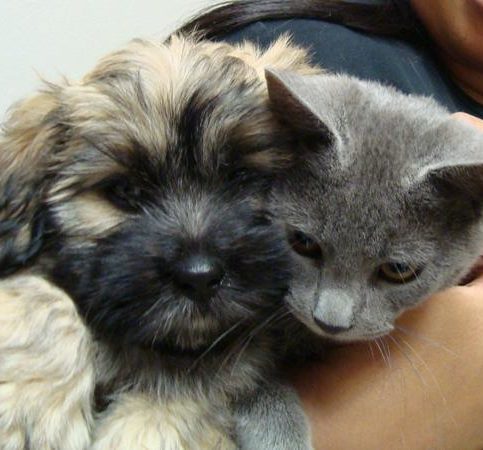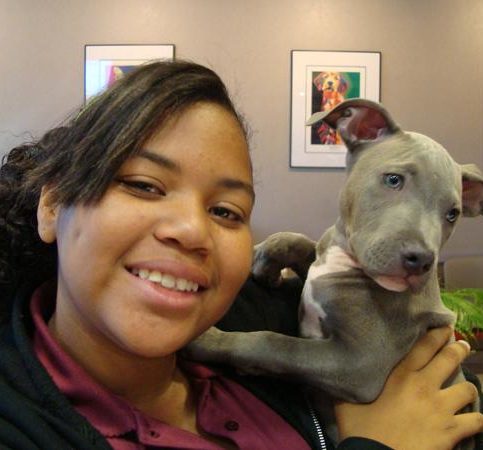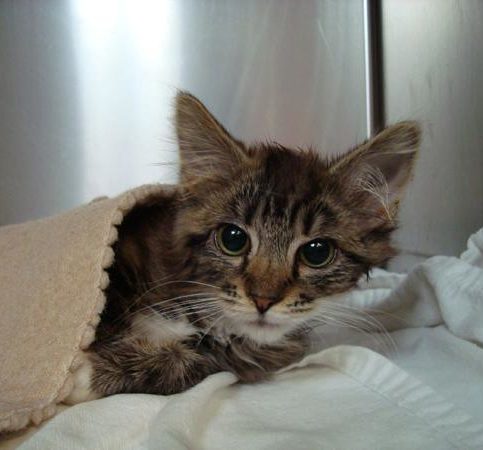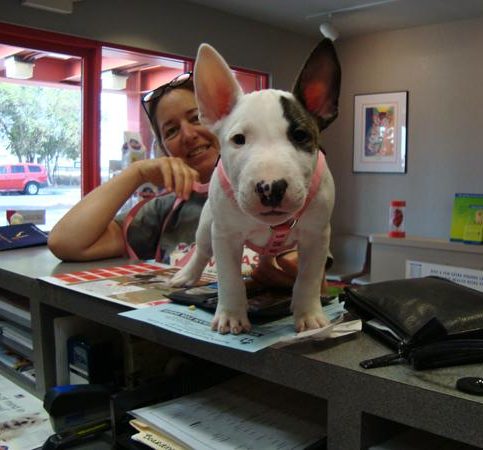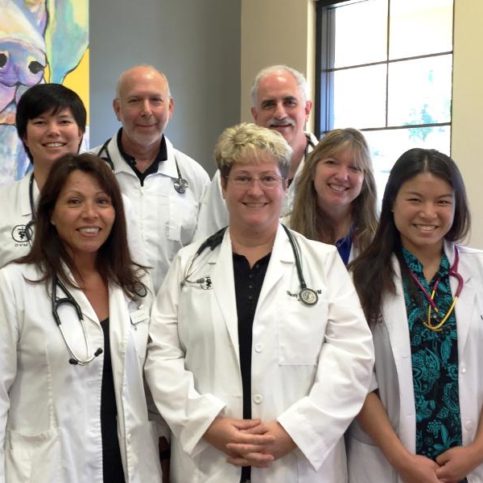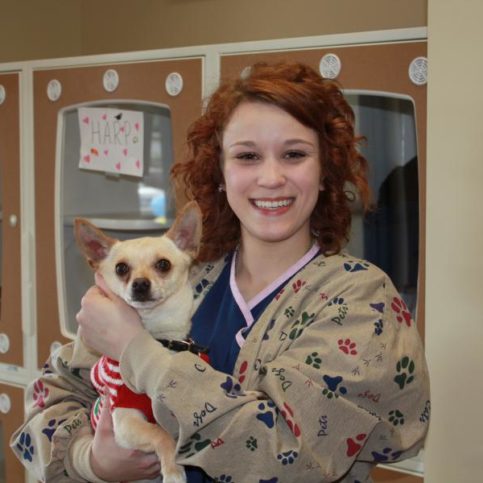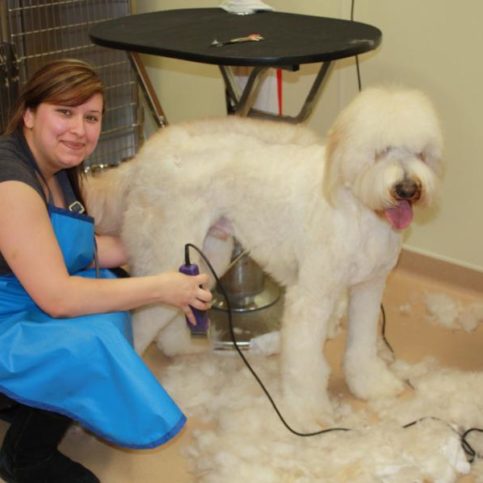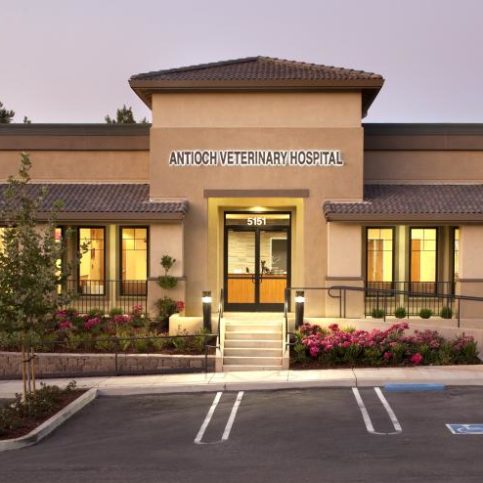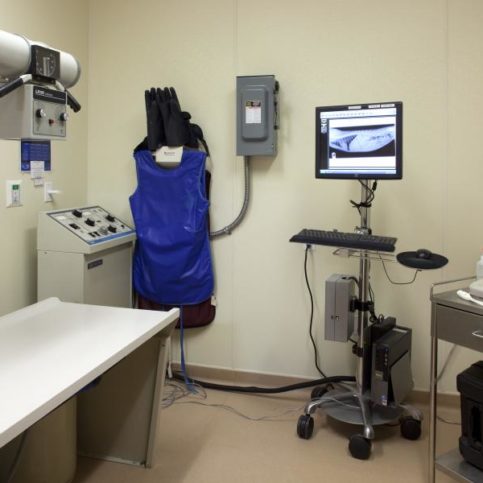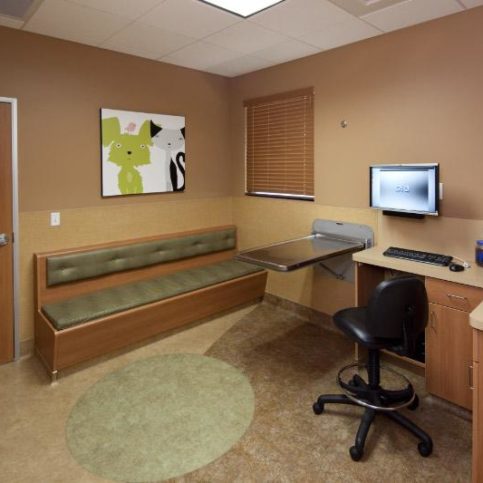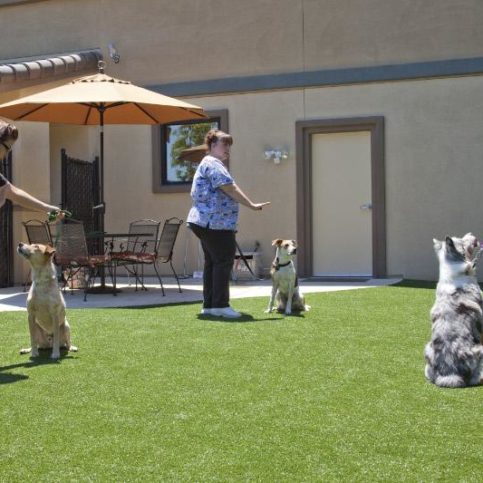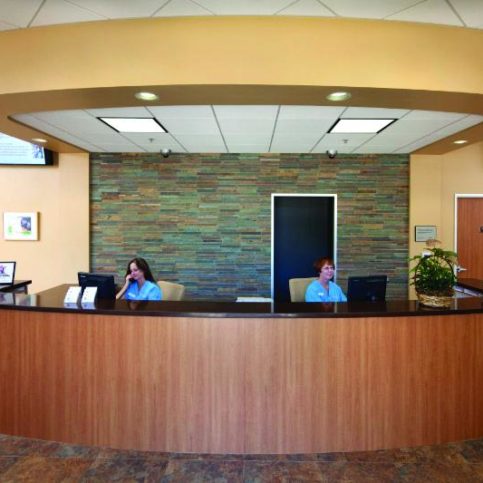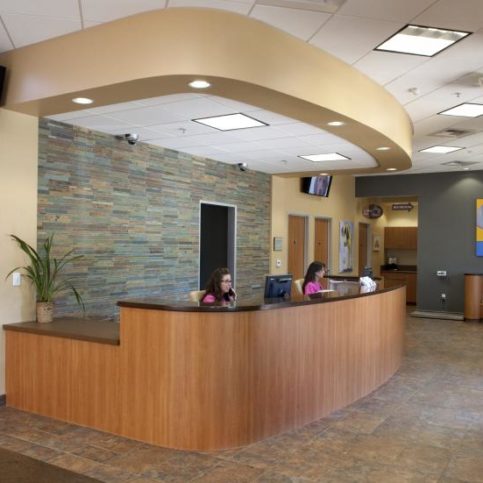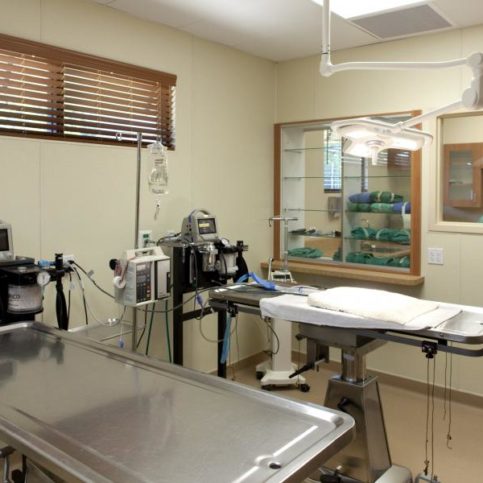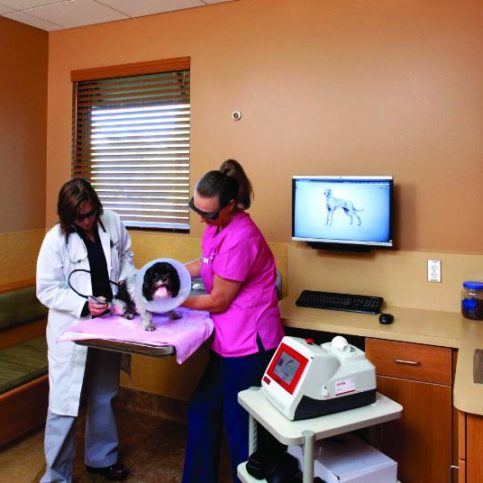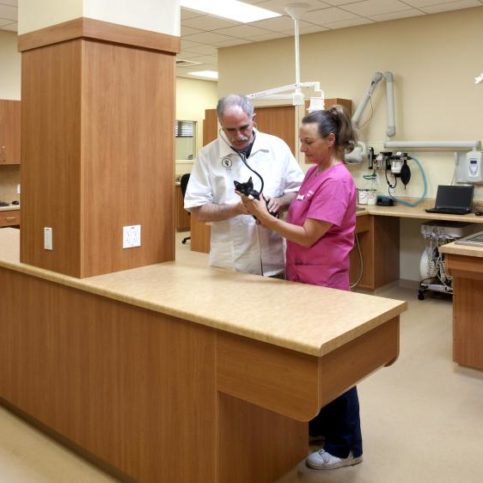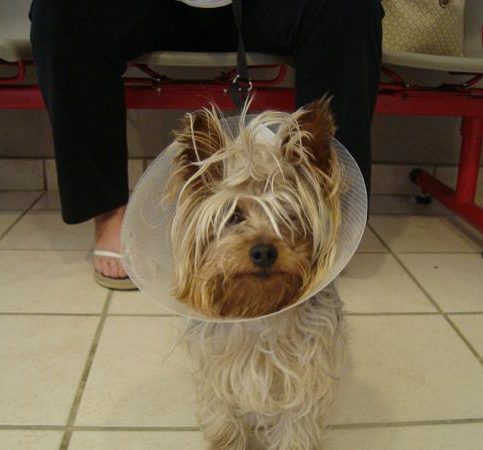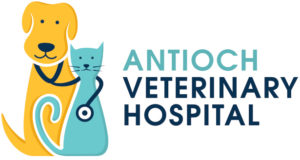Dr. Howard Schutzman: Veterinary Vitality
By James Florence, Diamond Certified Program Reporter
ANTIOCH — After four decades in the veterinary field, Dr. Howard Schutzman traces his beginnings to a formative childhood influence. “When I was five years old, I went to visit my second cousin, who was a veterinarian,” he remembers. “His profession made quite an impression on me, and I decided that I wanted to be a veterinarian myself.” Years later, Howard hadn’t lost sight of his vocational aspirations. “After high school, I spent four years at Cornell University, followed by another four years in veterinary school. Upon graduating in 1981, I moved from my home city of New York to the San Francisco Bay Area, where I began working as a veterinarian.”
Not long after relocating to the West Coast, Howard contacted his former veterinary school classmate, Arnie Gutlaizer, and proposed they form a professional partnership. “Arnie and I knew we were compatible because we had worked together in college,” he explains. “We started working together again at a practice in Walnut Creek, during which time we sought an opportunity to open our own.” After three years, the opportunity arrived, and the two partners purchased a practice in Oakland. By the following year, they’d expanded with two additional locations in Antioch. “In just a few months, we went from owning nothing to owning three hospitals, without any prior experience running a business! It was a little nerve-wracking, but it was also very exciting.”
It may have been a big risk, but to Howard and Arnie’s relief, it was a risk that paid off—within a short time, their business began to show signs of exponential growth. “When we first started, we had less than 10 employees, and today, we have more than 70,” says Dr. Schutzman. “We actually won a national design award for our hospital in Deer Valley, which we built four years ago.”
Today, after three decades as owner of Antioch Veterinary Hospital, Dr. Schutzman says he enjoys multiple aspects of his job. “One great thing about being a veterinarian is the variety. On any given day, I can go from examining a cute puppy or kitten to performing a major surgical procedure, so it’s hard to get bored. I also enjoy the management aspect. From working with our employees to keeping the practice vital, I take a lot of pride in maintaining our exceptionally high standard of care.”
In addition to the fundamental components of his job, Dr. Schutzman enjoys utilizing his practice for charitable purposes. “Giving back is really important to me,” he affirms. “Whether it’s providing low-cost spay and neuter clinics for local rescue organizations or facilitating tours for students, we make a sincere effort to stay involved with our community. We also hold an annual essay contest through which we give scholarships to four students. That’s something I find especially rewarding—it’s very touching to read these students’ essays and hear their stories.”
Outside of work, Howard enjoys a number of active pastimes, from working out and playing poker to following his favorite sports team. “I’m a rabid Golden State Warriors fan,” he says. “I’ve had season tickets for 12 years now, so no one can accuse me of being a fair-weather fan!” Additionally, he enjoys spending time with his family, including his wife, Theresa, their three adult children and his own parents. “My parents are both in their 90s, so I’m very intentional about spending time with them these days,” he says. “I actually have a ritual with my father where I take him grocery shopping every weekend.”
In regard to his professional career, Dr. Schutzman says the veterinary field is just as much about people as it is about animals. “People often say to me, ‘You’re a vet, you must love animals,’ which is true, but it’s even more important for a veterinarian to like working with people. Whatever treatment or procedure you prescribe, you always have to go through the animal’s owner, so if you don’t have the ability to communicate with people, you’re going to have a hard time being successful.”
When asked the first thing he’d do if he could retire tomorrow, Dr. Schutzman says he wouldn’t. “I’m not going to retire for quite a while because the job is still too interesting to me. Even as I come to a point where I’m less able to do the physically demanding parts of my job, I’m shifting more of my attention to the management side. When I do eventually retire, I’ll probably travel more and spend more time with my kids, but I don’t see that happening any time soon.”
Ask Me Anything!
Q: What was your first pet?
A: A mixed-breed Spaniel named Misty.
Q: Did you play any sports in high school?
A: I played basketball.
Q: Are you fluent in any foreign languages?
A: I took six years of French, and the answer is “no.” (Laughs)
Q: What’s your favorite holiday?
A: Thanksgiving—the whole family gets together, but there isn’t any pressure to pick out gifts for people.
Q: Are you an early bird or a night owl?
A: Both. I stay up late and get up early.
Read moreRead less







